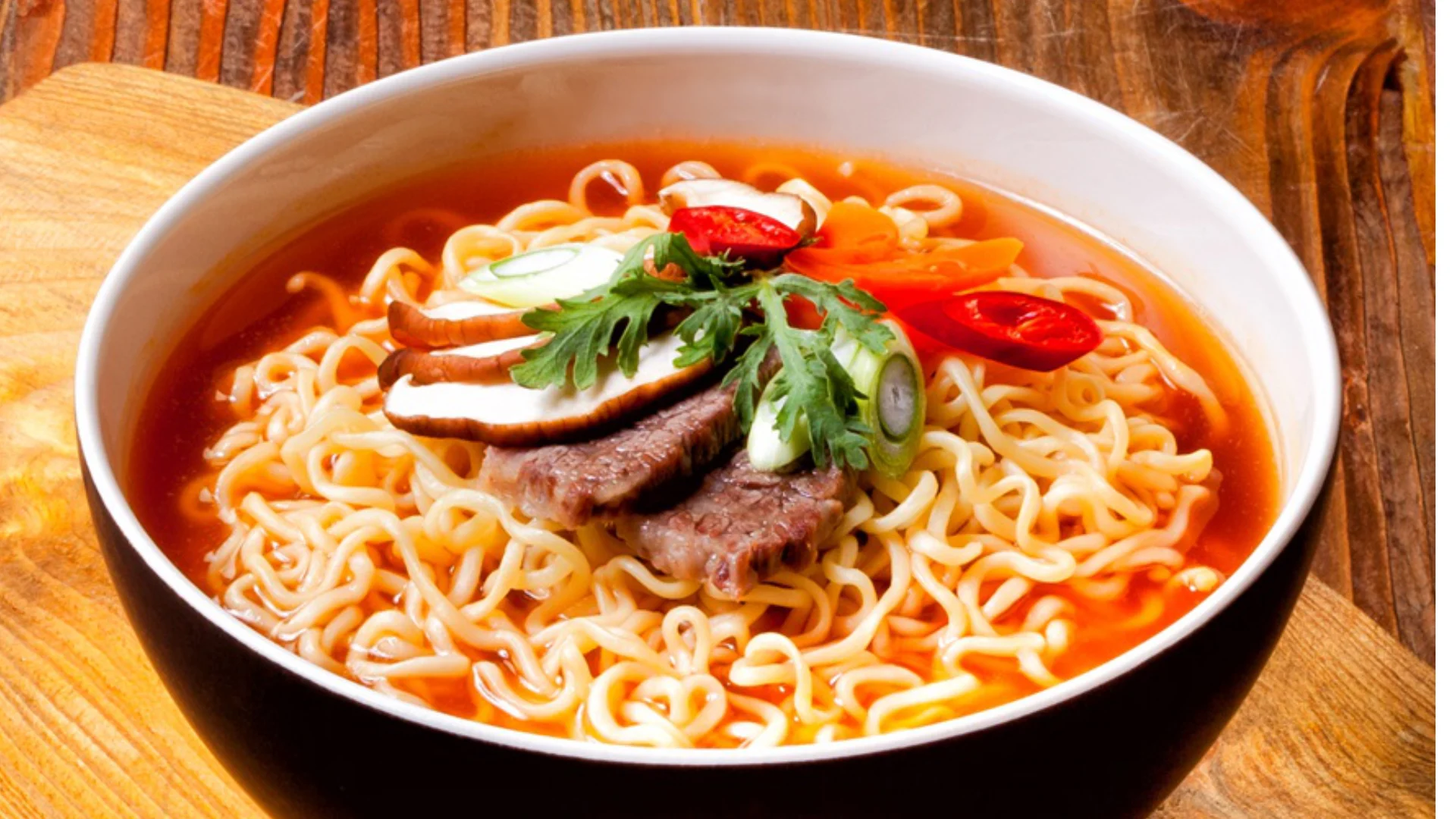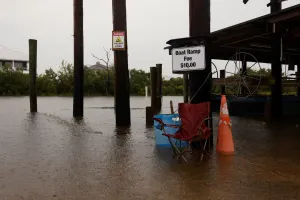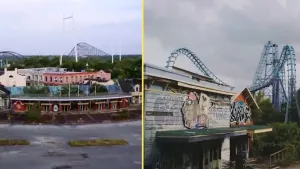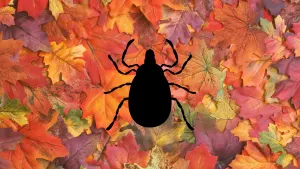
Here's how instant ramen is destroying a popular tourist destination
Sodium: Tasty for humans, but bad for the environment.
Mount Halla, or Hallasan, is South Korea's highest peak on Jeju Island, a UNESCO-protected site.
It is awash in soup broth.
Halla is a popular tourist destination. In 2023, nearly a million people went there, according to government statistics.
And here's where the problem begins. Mount Halla is nearly 2,000 metres high and takes 8-10 hours to hike. Because of that, many visitors come armed with food.
Ramyun is a popular meal. It's a type of instant noodle that comes in a disposable cup.
But it's high in sodium, and when the leftover broth is tossed in the trash, it contaminates the water, making it impossible for aquatic insects to survive.
Korea Times estimates that as much as 117 litres of salty broth are dumped along the trail every day—roughly the size of a large piece of carry-on luggage!
Officials have launched a campaign to preserve the mountain.
They've taken to Facebook, written a press release, and posted signs encouraging hikers to be mindful of the environment so that future generations can enjoy it.
People caught littering can be ticketed and fined.
While the campaign may resolve the problem at Halla, trouble could be brewing elsewhere. According to Korean media, the noodles are sold at the top of the Matterhorn, which typically welcomes about 3,000 visitors annually.
Header image: File photo (Wikipedia/Beboldtlsfkaus CC BY-SA 4.0










